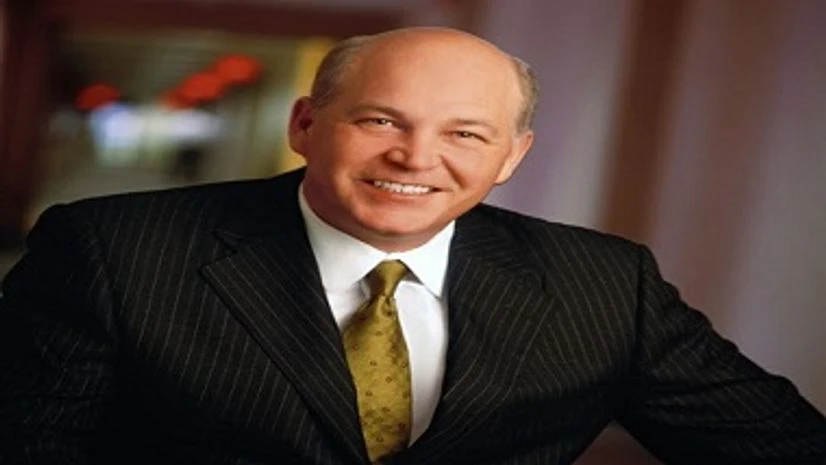Whirlpool Corp's
"The best example is Brexit and what has surprisingly happened in a short period of time, in the UK, which impacted us but we were able to overcome it," Fettig said.
Britain, where Whirlpool records about $1 billion in revenues, this summer voted to leave the European Union in a vote known as Brexit.
The pound's value fell after the vote, which forced the company to raise its prices, Fettig said.
A weak pound will reduce revenue and profit, meanwhile the cost to import appliances from other European Union countries, where they are largely manufactured, rises, Fettig said.
"Local prices in the UK will go up. It is too early to say what impact it will have on demand, but we are assuming there could be a much weaker demand environment, at least for the short term," he said.
More From This Section
With slowed demand from Russia and China, Whirlpool's leadership focussed on adjusting to the changing global economic environment, Fettig said.
Last year the US dollar strengthened against all major currencies, and Whirlpool faced a recession in Brazil, its largest Latin American market.
Despite the global economic volatility, Whirlpool posted a higher-than-expected quarterly net profit on Friday.
"We had a record year last year, we had a record first half this year," Fettig said. "We've been able to respond very quickly to changes in our market and environment, because that is the world we live in. So I feel very good about what we've been able to do over the last year," he said.
Whirlpool said ongoing business earnings per share rose to $3.50 from $2.70 a year earlier. Analysts on average had expected $3.36, according to Thomson Reuters.
In Latin America, sales fell 3.4 per cent to $826 million, but excluding currency exchange the company said sales rose 4 per cent.
"If the (Brazilian) currency stays where it is today, beginning mid-third quarter, we won't have anymore bad currency comparisons, so we would have finally lapped the bad news of last year," Fettig said.
Whirlpool's adjustments depend on the market, but in Brazil the company focussed on lowering costs, raising prices because of local inflation and investing in new products.

)
